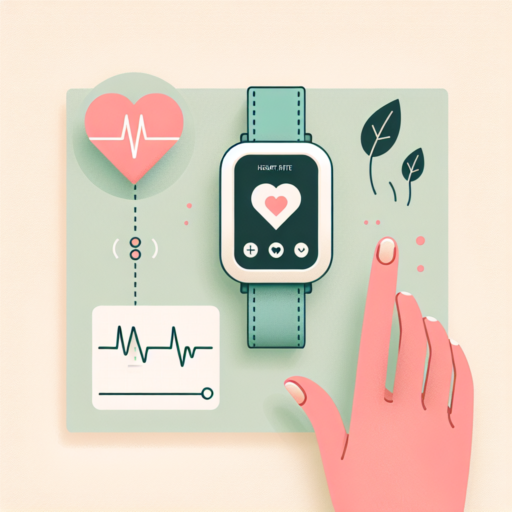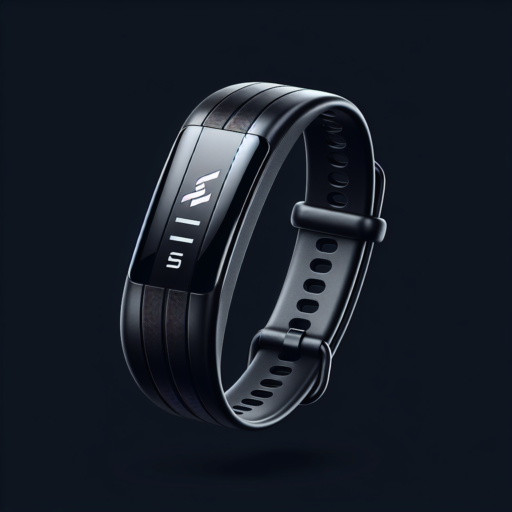No se han encontrado productos.
Are armband heart rate monitors accurate?
When considering the accuracy of armband heart rate monitors, it’s important to understand that these devices have undergone significant advancements in technology. These monitors work by using optical sensors to detect the blood flow through the skin. The precision of these devices often hinges on a few critical factors, including the quality of the sensors, the positioning of the monitor, and the individual’s skin type.
Placement and Fit: The accuracy of armband heart rate monitors can be notably affected by how the device is positioned on the arm. Manufacturers typically recommend placing the monitor on a specific part of the upper arm for optimal accuracy. A snug, yet comfortable fit is crucial to ensure the sensors maintain consistent contact with the skin, as too loose a fit can introduce inaccuracies by allowing light to interfere with the sensor’s ability to read blood flow accurately.
It’s also worth considering that while armband heart rate monitors frequently offer convenience and a more comfortable alternative to chest straps, individual variations in physiology and motion can impact their reliability. For instance, individuals with very low body fat or dense arm tattoos may find that these factors influence the device’s ability to capture accurate heart rate readings consistently.
Which band is best for heart rate monitor?
Choosing the best band for heart rate monitoring involves delving into a spectrum of factors, including accuracy, comfort, and compatibility. Among the top contenders, certain bands have earned acclaim for their precision in tracking heartbeats and providing insightful data to users. It’s imperative for fitness enthusiasts and health-conscious individuals to select a solution that not only meets their tracking needs but also integrates seamlessly with their daily routine.
Fitness trackers and smartwatches have revolutionized the way we monitor our health, particularly when it comes to tracking heart rate. The market is flooded with numerous options, each promising to deliver top-notch performance. However, brands like Fitbit, Garmin, and Apple stand out for their robust health monitoring features. These bands utilize advanced optical sensors to measure the blood flow through your wrist, providing real-time feedback on your heart rate.
When considering the accuracy and reliability of heart rate data, it’s crucial to look at the sensor quality and the algorithm that interprets the data. Premium bands often invest heavily in research to refine their sensors and algorithms, ensuring that the heart rate data is as accurate as possible. Moreover, these bands come with additional health monitoring features, like sleep tracking and stress management, making them an all-encompassing health monitoring tool.
In conclusion, finding the best band for heart rate monitoring depends on individual needs and preferences. While top brands like Fitbit, Garmin, and Apple are often recommended for their accuracy and comprehensive health features, it’s important to consider the specific attributes of each model to find the perfect fit for your lifestyle and health goals.
What is the best wearable device to monitor your heart?
Choosing the best wearable device for heart monitoring can be a complex task given the myriad of options available in the market. Each device offers a unique combination of features, battery life, and accuracy levels, tailored to different needs and preferences. Among the top contenders, smartwatches have emerged as the premier choice for many, blending functionality with style. These devices not only track heart rate but also provide insights into heart health, making them invaluable tools for those keen on maintaining or improving their cardiovascular condition.
Accuracy and Reliability are paramount when it comes to monitoring your heart. Therefore, leading brands have invested heavily in advanced technology to ensure their devices can offer real-time tracking and precise data. This involves continuous heart rate monitoring, with some devices capable of detecting irregular heartbeats or atrial fibrillation. It is worth noting, however, that while these devices provide crucial health tracking, they do not replace professional medical advice or diagnosis.
Among the plethora of options, certain models stand out for their comprehensive heart monitoring capabilities. These include features like electrocardiogram (ECG) tests, blood oxygen monitoring, and stress tracking. Moreover, the integration of artificial intelligence to analyze heart rate data enhances the predictive capabilities of these wearable devices, offering users not just data, but actionable health insights.
Is a heart rate chest strap worth it?
When delving into the world of fitness tracking, one question often arises: Is a heart rate chest strap worth it? This question is particularly pertinent for those dedicated to obtaining precise metrics on their physical performance. Unlike wrist-worn devices, heart rate chest straps are celebrated for their accuracy and reliability in capturing heart rate data. This accuracy is paramount for athletes and fitness enthusiasts who rely on precise heart rate data to tailor their training regimes.
Heart rate chest straps work by measuring electrical signals from the heart, a method that is generally considered more direct and thus more accurate than the optical sensors found in many wrist-based trackers. This can lead to measurably better data quality, especially during high-intensity activities where wrist trackers may lose contact or struggle to maintain an accurate read. The importance of this cannot be understated for those who use heart rate zones to guide their workout intensity, as even minor inaccuracies can lead to training at an unintended intensity.
However, the decision to opt for a heart rate chest strap over other forms of heart rate monitors hinges on personal preference and specific needs. The chest strap offers unparalleled precision, a critical factor for performance-oriented training. Yet, it’s worth noting that this comes at the cost of comfort for some users. The strap must be worn tightly around the chest, which some may find intrusive or uncomfortable during prolonged workouts. This trade-off between comfort and accuracy is a key consideration in determining the value of a heart rate chest strap for an individual’s training toolkit.



